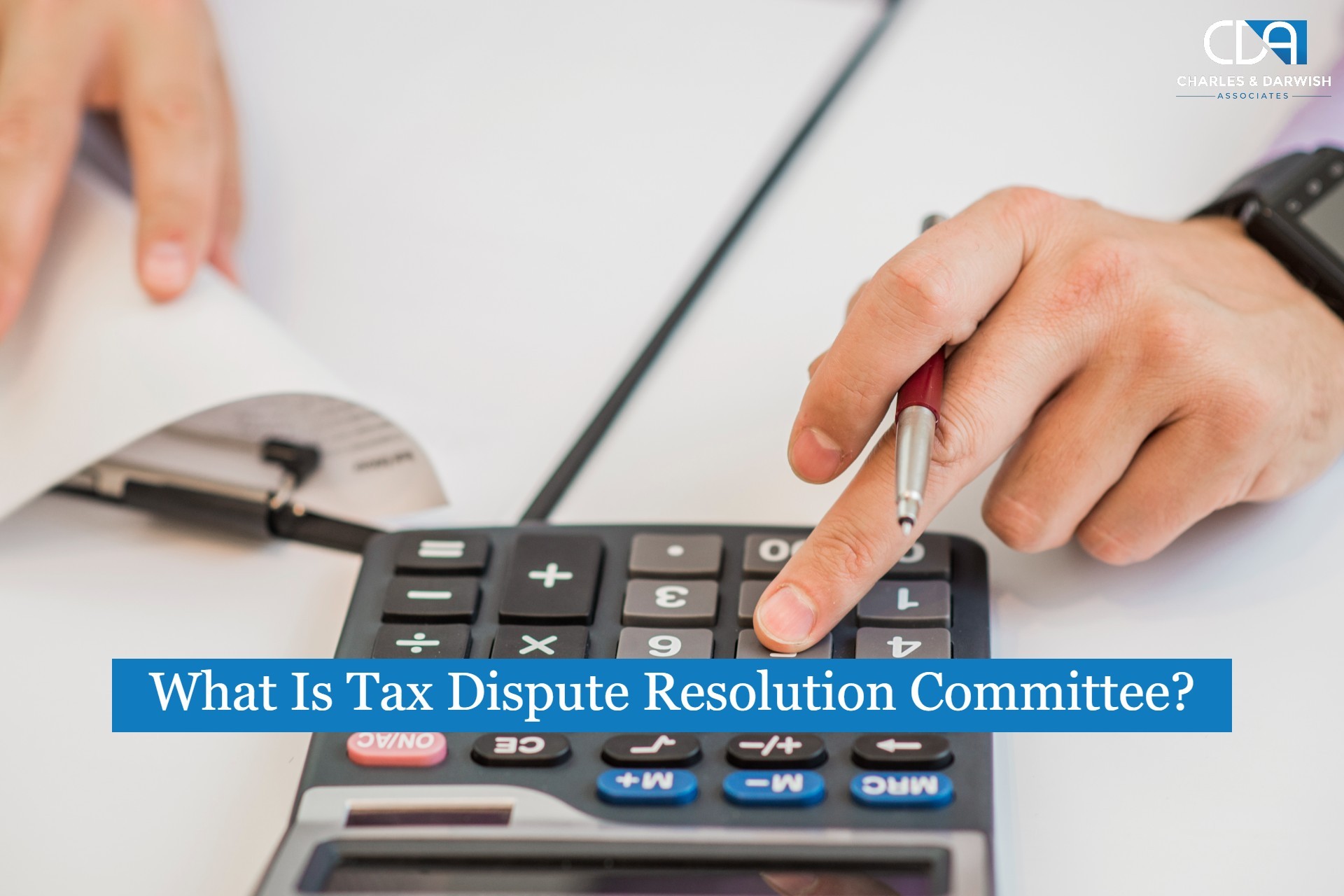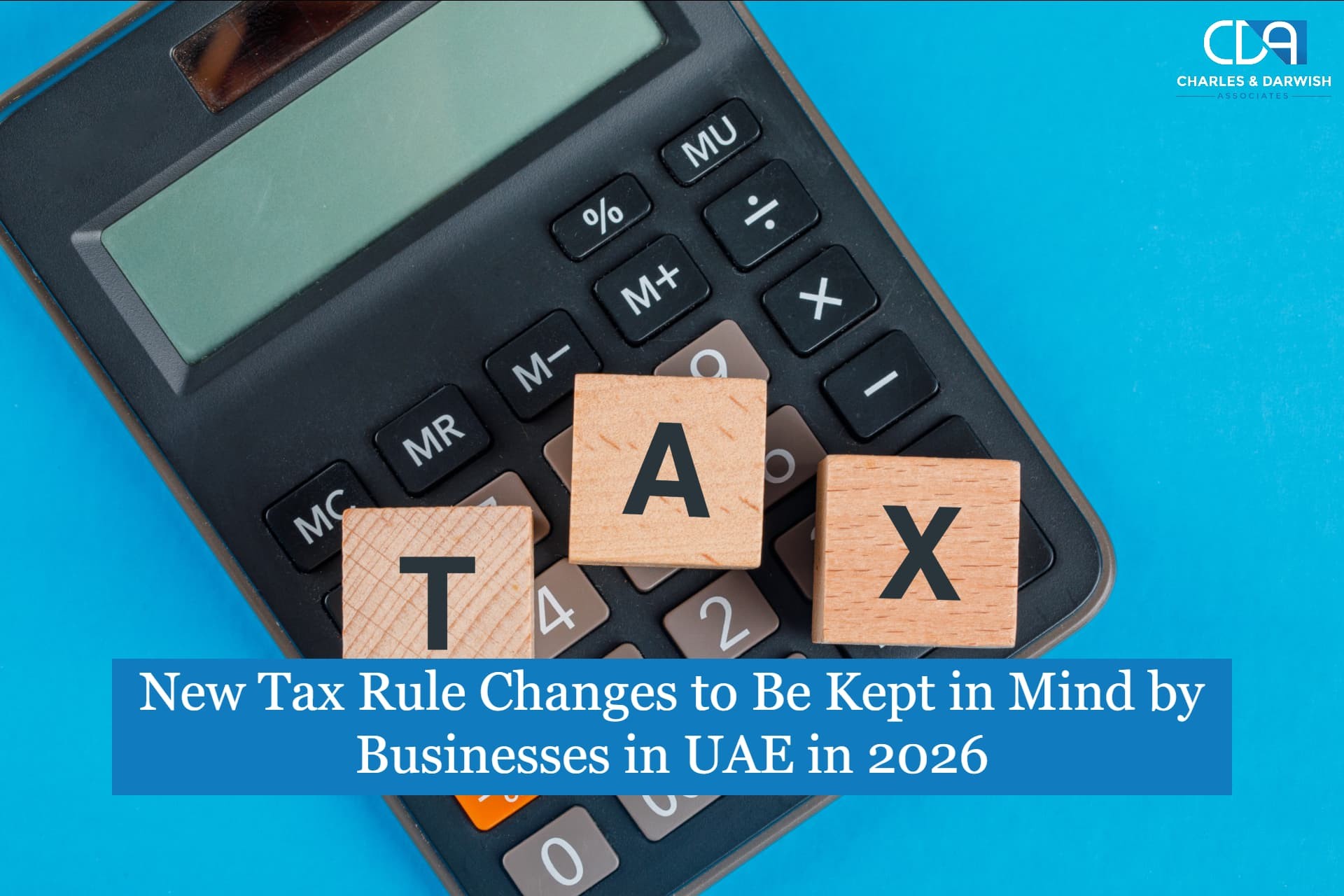What is Business or Business Activity?
In 2023, the UAE introduced a new federal corporate tax (CT) regime, which introduced a new era of fiscal transparency and responsibility. However, understanding the complexities of this new system can be challenging, especially when it comes to understanding the core concepts of "business" and "business activity" within the CT framework.
The aim of this blog post is to simplify these fundamental terms, providing a comprehensive guide for businesses operating in the UAE to ensure compliance and clarity.
Defining "Business"
A business refers to any economic activity, whether ongoing or short-term, conducted by an individual or organization. While most businesses aim to make a profit, profit is not strictly required for an activity to be considered a business per UAE corporate tax law. There just needs to be some system or organization for the activities. Even if no profit results, an activity does not lose its status as a business.
For companies, virtually all actions and assets are typically viewed as relating to the business unless proven otherwise. Companies must carefully review everything they do and own to understand potential tax obligations. This consists of:
- Trading goods or services: This encompasses the sale and purchase of any physical or intangible product, including retail, wholesale, and e-commerce activities.
- Manufacturing and production: This covers the creation or assembly of goods from raw materials or components.
- Providing professional services: This includes activities such as consulting, accounting, law, engineering, and advertising.
- Owning or managing assets: This includes activities such as real estate ownership and rental, investment in securities, and intellectual property licensing.
You can also read: When Does a Non-resident Juridical Person Have a UAE Nexus Under the UAE CT Law?
Understanding "Business Activity"
A business activity describes any actions or operations undertaken as part of carrying out a business. Performing economic activities, even just occasionally or on a limited basis, can qualify something as a business activity in the context of UAE corporate tax law.
There does not need to be continuous activity--even a single transaction could be a business activity. The focus is on whether the actions involve an organized, non-personal effort that creates commercial value or exchange, rather than solely personal use. All activities of corporate entities are generally seen as business activities unless demonstrated otherwise. This encompasses a wide range of actions, including:
- Entering into contracts: This includes agreements for the sale of goods, the provision of services, employment, or any other business-related purpose.
- Producing or acquiring goods: This includes all stages of creation, sourcing, or purchasing goods for business purposes.
- Marketing and advertising: This includes activities aimed at promoting and selling goods or services.
- Financial transactions: This includes activities like raising capital, investing funds, and managing expenses.
- Managing personnel: This includes activities like hiring, training, and compensating employees.
What is Considered a "Business or Business Activity" by a Natural Person?
The UAE Corporate Tax Law defines a "business" as any activity carried out for the purpose of generating income. This definition applies to natural persons as well as legal entities. However, the CT Law provides further guidance on specific types of income not considered "business activities" for natural persons, even if they generate income. Here's a breakdown of the key points:
Not subject to CT (even if income-generating):
- Employment income: Salaries, wages, and other compensation received for working as an employee.
- Personal investment income: Dividends, interest, and other income from passive investments like stocks, bonds, and mutual funds.
- Real estate investment income: Rental income from properties owned for investment purposes, excluding income from property development or property management activities.
You can also read: Tax Compliance and Administration - UAE Corporate Tax Law
Key Considerations for Businesses
- Registration and filing requirements: Businesses engaged in taxable activities under the CT regime must register for CT and file annual tax returns. Understanding the scope of "business" and "business activity" is crucial for determining registration and filing obligations.
- Exemptions and deductions: The CT Law offers exemptions for certain types of businesses and activities, such as those operating in free zones or engaged in specific charitable or public benefit activities. Additionally, various deductions are available for expenses incurred in the course of business. Understanding the scope of "business" and "business activity" helps businesses identify potential exemptions and deductions.
Seeking Professional Guidance
Navigating the complexities of the CT regime can be challenging. It is highly recommended that businesses seek professional guidance from tax advisors like CDA to ensure compliance and optimize their tax position. CDA can help with:
- Interpreting the CT Law's provisions: Applying the definitions of "business" and "business activity" to specific scenarios.
- Identifying registration and filing requirements: Ensuring timely and accurate fulfilment of tax obligations.
- Claiming exemptions and deductions: Maximizing available tax benefits.
- Structuring transactions: Complying with transfer pricing regulations and optimizing tax outcomes.
- Representing the business before tax authorities: Resolving any disputes or inquiries.
Understanding the definitions of "business" and "business activity" under the CT regime is crucial for businesses operating in the UAE. By gaining clarity on these core concepts, businesses can ensure compliance, optimize their tax positions, and confidently navigate the new CT landscape. Remember, seeking professional guidance from CDA can be valuable in ensuring seamless compliance and maximizing tax efficiency.
CDA’s Corporate Tax Assistance
Being one of the leading tax consultants and auditing service providers in UAE, our team of experts is well nurtured and equipped to sort out your corporate tax complexities and help you get all the available tax benefits in UAE. Tax experts at CDA can assist you in staying complied to all the tax regulations and avoiding tax penalties or fines. At CDA, we always try to provide customer friendly services and help you focus on the core areas of your business. We are always ready to meet your requirements in the best manner possible. To explore more, contact our team now.

Mark Thompson
Full-stack Developer, Blogger, and Tech Enthusiast.
Mark specializes in digital marketing, SEO, and content strategy.













